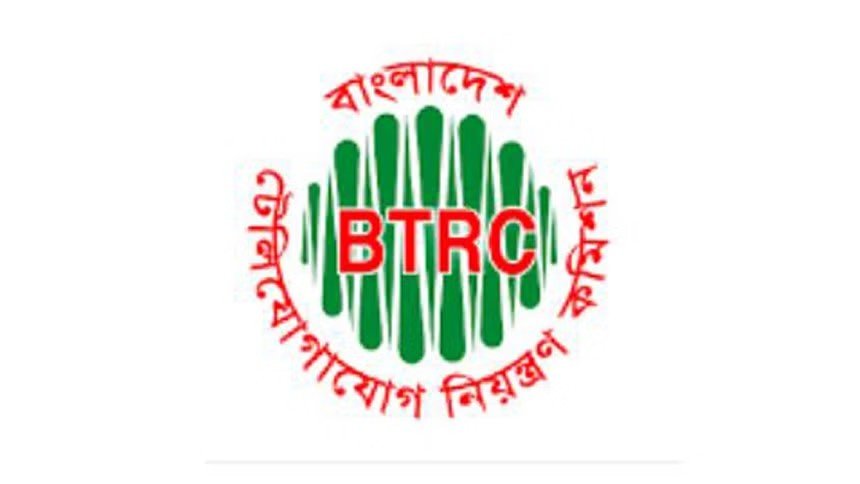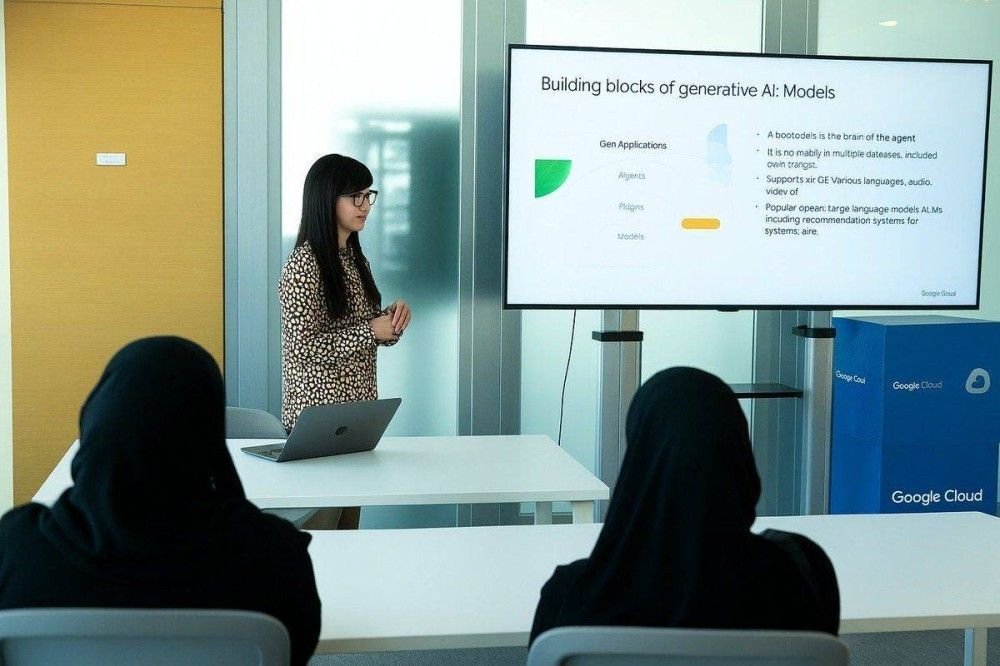The Bangladesh Telecommunication Regulatory Commission (BTRC) has unveiled a draft policy aimed at reforming the country’s complex telecom licensing regime. While the policy promises to streamline processes, encourage competition, and attract foreign investment, experts have raised concerns that certain clauses could inadvertently safeguard existing market inequalities and empower dominant players, potentially sidelining local entrepreneurs and limiting foreign ownership opportunities.
The proposed reforms involve consolidating over 20 types of telecom licenses into three broad categories: National Infrastructure & Connectivity Service Provider (NICSP), International Connectivity Service Provider (ICSP), and Access Network Service Provider (ANSP). While the intention is to foster local entrepreneurship and fair competition, critics argue that the draft policy’s lack of restrictions on foreign ownership stakes in existing licensees could lead to cross-ownership and concentration of power in the hands of foreign entities, bypassing the interests of local businesses.
One key issue highlighted by experts is the potential for anti-competitive consolidation, as dominant telecom players such as Axiata Group, Telenor, and Veon could hold stakes in all three categories, further consolidating their control over the market. Critics argue that this could hinder market access for new entrants and reduce the scope for local entrepreneurs to thrive.
BTRC Chairman Md Emdad ul Bari, however, emphasized that the policy was designed to attract traceable foreign investment, citing examples like Axiata Group’s investment in edotco Bangladesh, despite its existing stake in Robi Axiata. Nevertheless, critics remain concerned that such arrangements could discourage local entrepreneurship and lead to monopolistic practices, with foreign players gaining substantial control over all telecom service segments.
The policy also proposes allowing foreign ownership up to 49% in ICSP, 70% in NICSP, and 100% in ANSP. However, telecom policy expert Abu Nazam M Tanveer Hossain cautioned that such ownership caps could stifle investment by not truly reflecting foreign capital, potentially discouraging international firms from entering the market.
A positive aspect of the policy is the phasing out of outdated intermediaries such as Internet Gateways (IIG), National Internet Exchanges (NIX), and International Gateways (IGW), streamlining the regulatory environment. Additionally, the proposed ANSP license would consolidate mobile and fixed-line services, which would manage last-mile connectivity, offer bundled services, and share passive infrastructure.
However, experts raised concerns about the suggestion to allow mobile operators to combine radio and wired technologies for enterprise solutions, fearing it could conflict with existing fixed-line broadband providers. There are also fears that dominant players like Summit Communications and Fiber@Home, with overlapping licenses, may exploit regulatory loopholes to retain control across categories.
While the BTRC has emphasized the importance of protecting local broadband service providers and will review the feedback received on the draft policy, some uncertainties remain regarding the implementation of mobile operators’ access to fixed broadband infrastructure. As the technology landscape evolves, BTRC Chairman Md Emdad ul Bari acknowledged that the boundaries between wireless and wired services may blur, requiring further clarification.
The BTRC is reviewing stakeholder feedback on the draft policy and plans to incorporate necessary revisions before submitting the final version for ministry approval.















